Dan Stulbach
出生 : 1969-09-26, São Paulo, São Paulo, Brazil
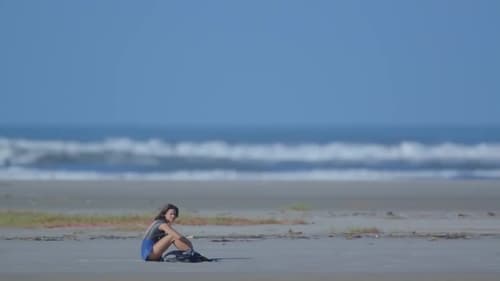
Miro
Ophelia is a 20-year-old girl who lives with her mother and grew up without a father. She suspects that he is Tedesco, a German artist who has just returned to Brazil. Determined to find him, she sends a letter notifying him of her arrival and that she will swim to him from the Santos bridge. Upon learning of the imminent arrival, Tedesco asks Smutter, his great friend, to start following her closely.
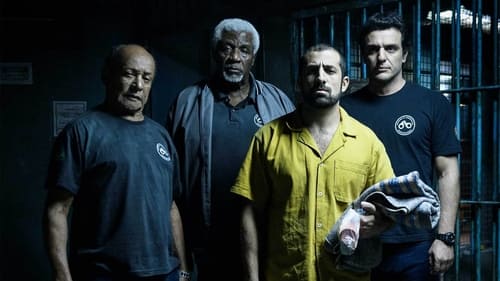
Paulo Pereira Garcia
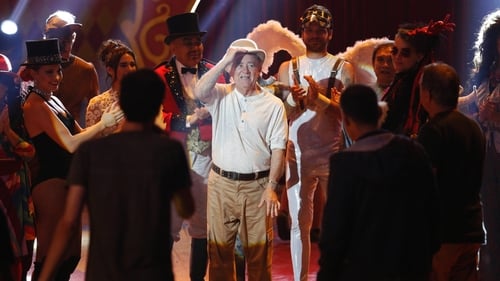
Tom Hanks
Since the ban on use of animals in circus shows, the Great Sumatra Circus faces a major financial crisis. Baron, who owns the circus, accepts unseemly proposals from the mayor to hold cattle auctions, rallies and other alternative events at the circus. Unhappy with the news, circus artists come together to plan a new show and re-attract the audience, led by Didi, Dedé and Karina.
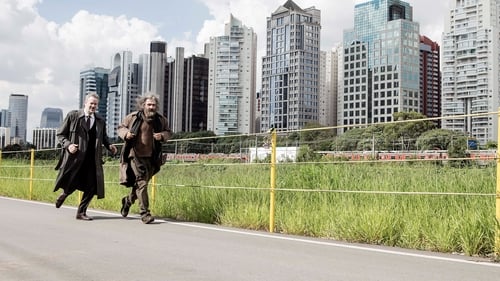
Julio César
The main actor believes that true success is the attaining WHAT money can't buy and encourages people to follow their dreams. He forms a huge following which becomes cult like following. Officials start feeling threatened and conspire to kill him.

Marcos
Diego is a film director who, when he is told that he has a malignant disease which could be fatal, marries his girlfriend of many years, says goodbye to his friends and begins a routine of long days of treatment in hospital. While learning to live with the pain and also conversing with death, he meets a Hindu boy who is a fellow patient and who becomes his friend. But one day the boy disappears. Diego is discharged, but his life has changed forever. His marriage fails and, living alone, he begins to wonder whether he may in fact be dying and no one has told him. He tries to find out what happened to his Hindu friend, and eventually meets another woman...

Amigo no Jantar
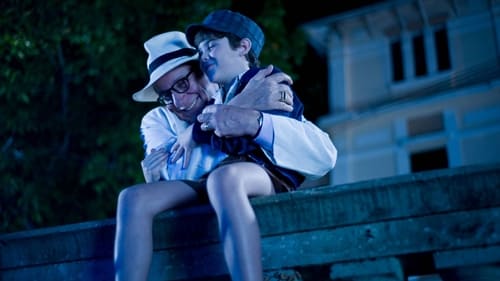
Marcos
Shortly after World War II, the city of Rio de Janeiro experiments a period of great cultural, political and economic effervescence, when all the dreams – or nearly all – seem possible. In this exciting scenery of transformation, Paulo discovers love, friendship and sex through his childhood and adolescence in the 1950’s and 1960’s.
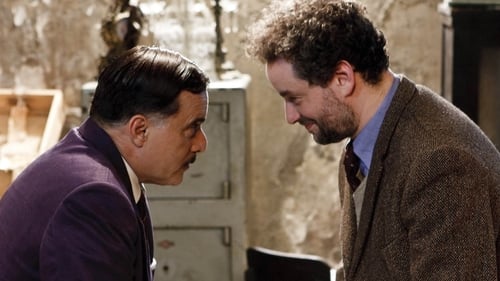
Clausewistz
Rio de Janeiro, April 18, 1945. Brazil's foreign policy aligns closely with that of the United States and opens a brief period of democratic rule after the end of World War 2. For years, hundreds of people were arrested and tortured by the Vargas regime. But with the external pressure, several political prisoners gain freedom.


Rodrigo
In Rio de Janeiro, the teenagers Lia and Rodrigo have opposite behaviors and personalities. The clumsy Rodrigo is responsible and good student, while the emancipated Lia is totally irresponsible. They have their first sexual intercourse together on April 23rd, and they schedule to meet each other every year in the same date. Along the years, Rodrigo graduates in engineering and gets married with Clara (Christine Fernandes), having a son. The single mother Lia has a life without any commitment, moves to Paris and comes back to Brazil later. After a comedown, Rodrigo leaves his family and quits his job to live with Lia. Written by Claudio Carvalho, Rio de Janeiro, Brazil

Duda

Filmed over a five-year period, Chronically Unfeasible dissects Brazilian problems, using six people who meet in a restaurant in São Paulo as models to illustrate political, sociological and economic disparities between Brazil's upper and lower classes.






